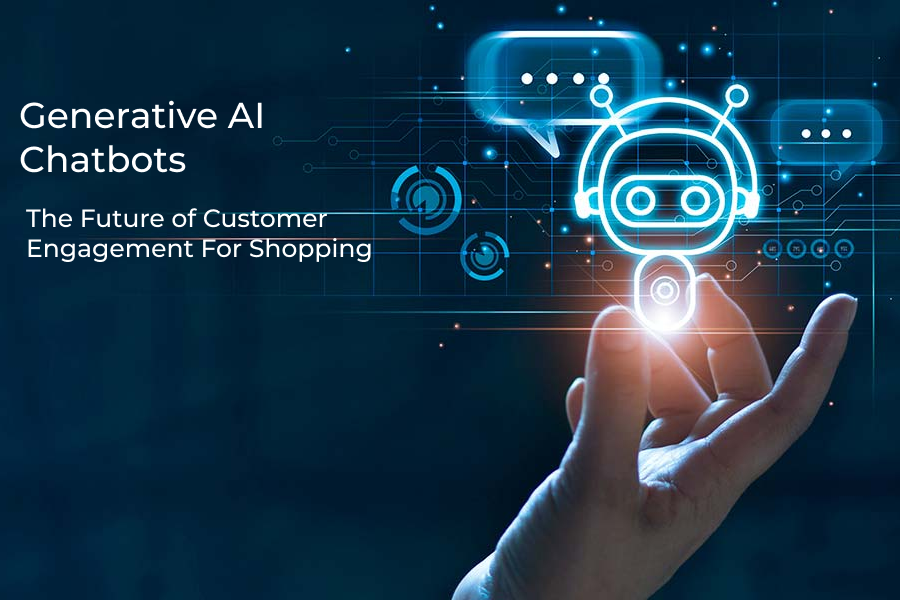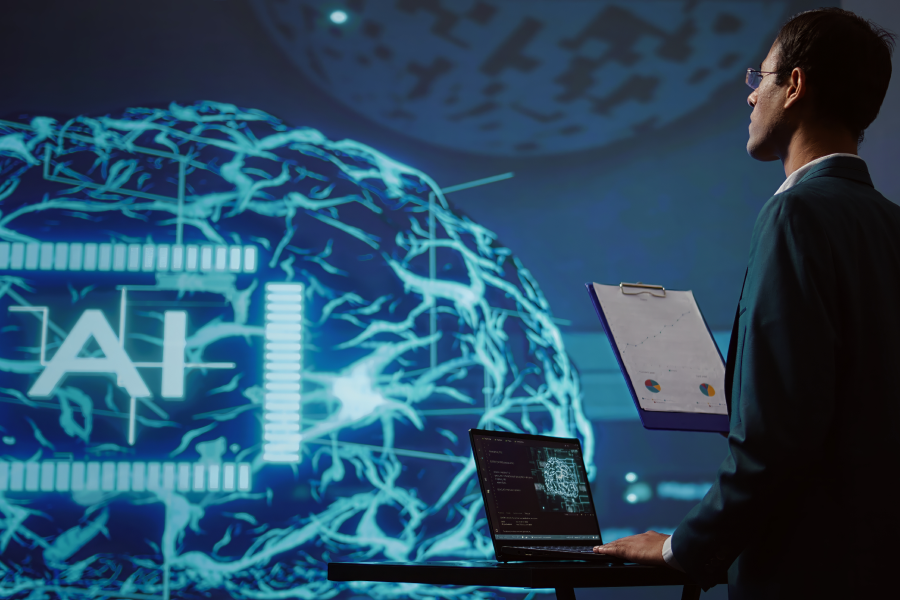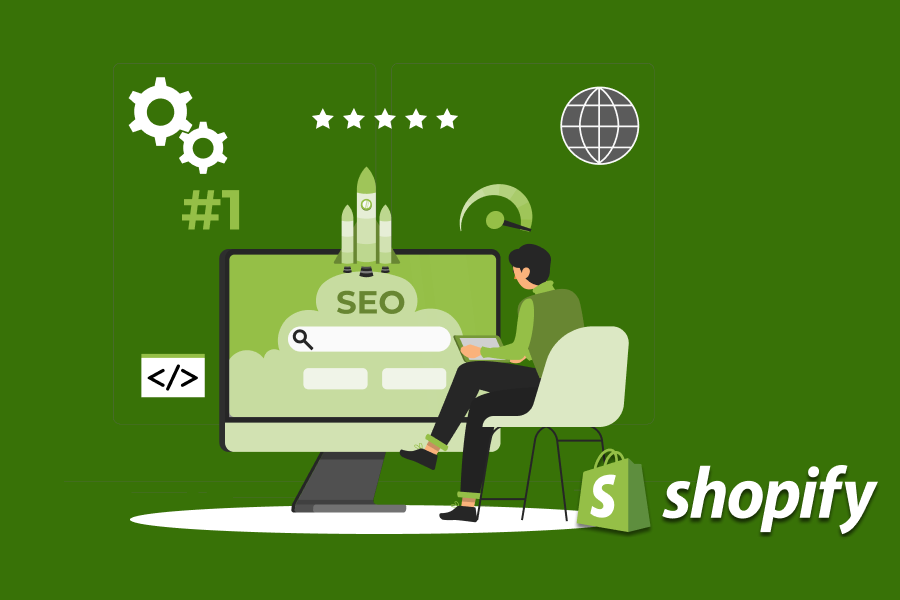The Covid-19 pandemic has drastically altered life for billions of people globally. The impact has not only shaken up the economy and businesses in various sectors, but the healthcare sector has felt the impact considerably. People are still adjusting to new diagnosis methods and medical consultation, while the medical professionals and doctors are reviewing their preparedness. Like any other sector, the healthcare sector has woken up to the tremendous potential of using technology to cope with a pandemic of this proportion. Several trends are seeping in this sector, and they are here to stay, say the experts.
The new and emerging trends to permeate the healthcare sector
As the world prepares to return to normalcy and copes with the post-pandemic situation, the medical community is also deploying new tactics and methods to sustain and evolve. The focus is obviously on developing the vaccine but adapting to the emerging trends is the key to sustenance. Listed here are the top 5 trends that are expected to impact the sector in the near future.
- Embracing healthcare practices in a more intrinsic way –professionally
Before the pandemic struck the globe, deployment of healthcare practices was mixed and partial in the business scene. While the big players did adhere to health and hygiene protocols at the workplace, these were largely absent at other places. The Covid 19 pandemic has come as an eye-opener of sorts. Nowadays, practicing stringent health and hygiene measures is a must in any business setup- regardless of niche and scale. This will continue, and the businesses will embrace the practices adopted long back by the healthcare sector. Safeguarding both the employees and customers is and will be a top priority.
This will ensure stronger alliances between entities belonging to the healthcare sector and those from many other sectors. Expect safety measures like sanitization stations at the offices to mandatory health metrics screening at the workplaces, for anyone. Sophisticated clinical technology products will become commonplace at workplaces. Regular sensitization of workplaces will become mandatory in most companies.
It is not only about installing clinical devices in the workplace. The employees working in various companies will have to adopt hygienic practices in a more intensive manner. Periodic sanitization of hands and checking body temperature is now mandatory in any setups, and this will become near mandatory.
- Deploying remote diagnostics and treatment through virtual means
The Elderly lot and those with existing chronic health conditions turned out to be more susceptible to Coronavirus than the others. During the lockdown that was in force in many countries in 2020, such people had to resort to virtual tele-counseling and remote diagnostics for staying safe. This trend is still popular, and it will persist in 2021. The health experts think people from many age groups will prefer using video consultation and counseling sessions.
It is not only about the convenience and safety of the patients. The doctors and healthcare sector professionals also want to stay safe. They come in contact with viruses and pathogens more than the others. By resorting to virtual consultation and diagnostics, they can reduce the risk of contamination too. Besides, they can save time by offering services virtually and can cater to more patients.
- Deployment of non-human assistants and advanced technologies for clinical care
Those coping with age-related ailments, memory retention disorders, and mental health issues faced worse than the others in the pandemic. Such individuals need round the clock, intensive care and providing that in pandemic situations became tedious. As the healthcare sector professionals had a harrowing time coping with the situation and faced increased patient load, dealing with sensitive cases became tedious for them. This prompted many healthcare facilities in the UK and elsewhere to deploy non-human assistants for the patients. The robotic assistants are safer to use and reduce risks of contaminations. They do not get affected by issues affecting human care staff, such as fatigue, forgetfulness, or stress. The early results of deploying human medical care staff have been positive.
To reduce the risk of contamination, several clinical setups are offering advanced communication and interaction devices to the patients. This can be handy in future pandemic situations too. Handheld and touchscreen-enabled diagnostic devices and multipurpose devices are useful in this regard. The patients can monitor their vital health metrics themselves using these devices without seeking help from any human assistant. They can also contact the doctors and clinical staff instantly when they need attention to these devices. This helps simplify and speed up workflow in busy medical setups.
- Wider deployment of AI technology and data management solutions
Beyond any doubt, the pandemic put an unprecedented level of stress on the healthcare sector. From the doctors, surgeons to nurses, and medical assistants, everyone had to work overtime amidst a rising level of stress for months. They also had to deal with huge amounts of data. Apart from the usual patient data handling, they had to cope with data gathered on the pandemic and finding solutions, etc. By using advanced AI tech and data management tools, reducing this load is possible, say the experts.
When AI-based clinical apps and software is in place, a section of workflow in clinical setups needs no human intervention. From entering to updating patient data, placing an order for clinical supplies periodically, and reminding the doctors about upcoming tasks, many things can be automated and managed by AI solutions. This can be of immense use in such pandemic situations. Through pre-programmed execution and automation of regular clinical activities, the doctors deal with less workload. So, they can evade stress better, and the same is true of the clinical staff. They can focus on critical cases and tasks. The patients also get enhanced service in such setups.
The healthcare sector entities have realized the importance of using advanced data management solutions. With the amount of data, these entities need to deal with on a daily basis, deploying sophisticated data management applications is helpful. This can be handy in processing health insurance claims and cross-checking case references- without errors.
- Genomics and gene modification to the user in breakthroughs
To treat new viruses and pathogen-induced infections, deploying gene-editing based therapies will gain traction, say the healthcare experts. Rather than spending months and a tremendous amount of money and resources in developing vaccines for new ailments, modifying genes to make cells more resistant to infections may work better. Through advanced genetic modification, cells can be made toughened enough to resist newer viruses and pathogens. Implementing this method has already yielded success in treating killer ailments like cardiac ailments and Duchenne muscular Dystrophy.
In the near future, it is likely that precision medicine treatment will come into vogue. This may sound like science fiction, but the day is not far when the doctors will be able to offer medication and treatment tailor-made for individual patients, based on his/her genetic profile. This is likely to be much more effective than the mass vaccine.
Wrapping up
The pandemic has shaken the healthcare sector upside down, and it is still reeling from the aftermath. It is quite obvious that relying on emerging technologies is the key to sustain, both the patients and healthcare professionals. The switchover has started, and it will take some more time before the process is complete.

 Web and Full Stack
Web and Full Stack CMS and Frameworks
CMS and Frameworks Online Marketing
Online Marketing Cloud Services
Cloud Services ECommerce
ECommerce Mobile
Mobile



